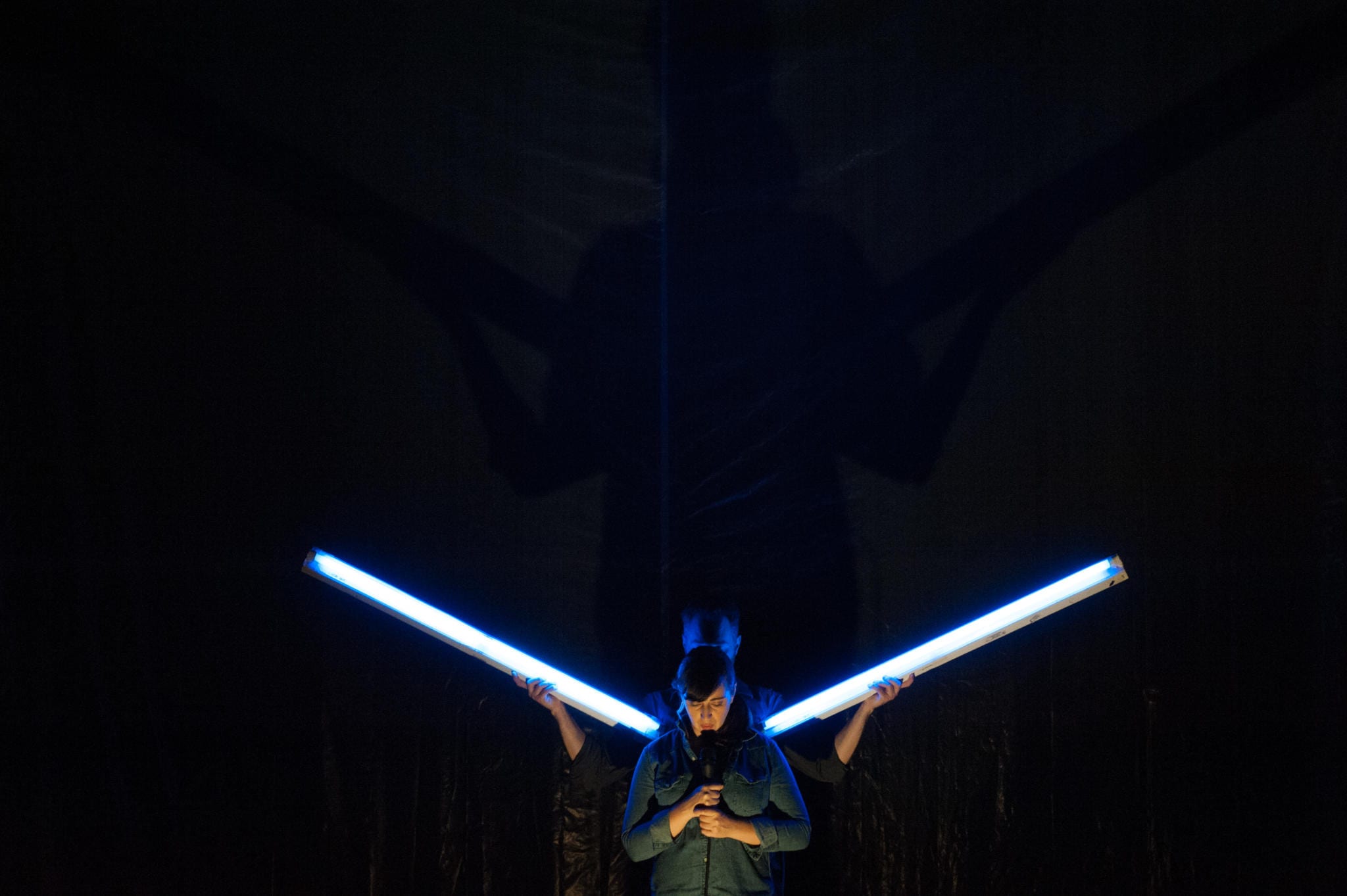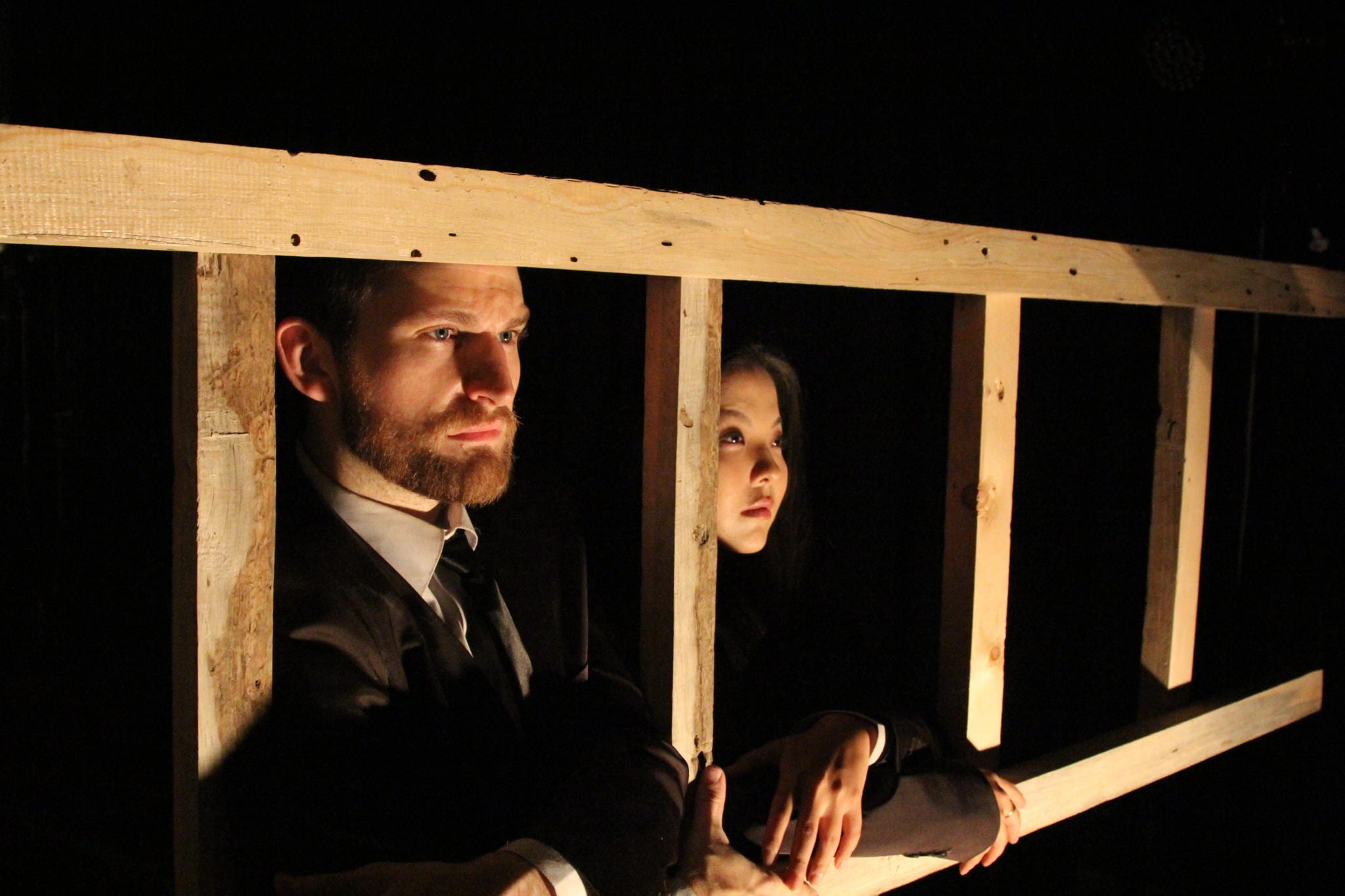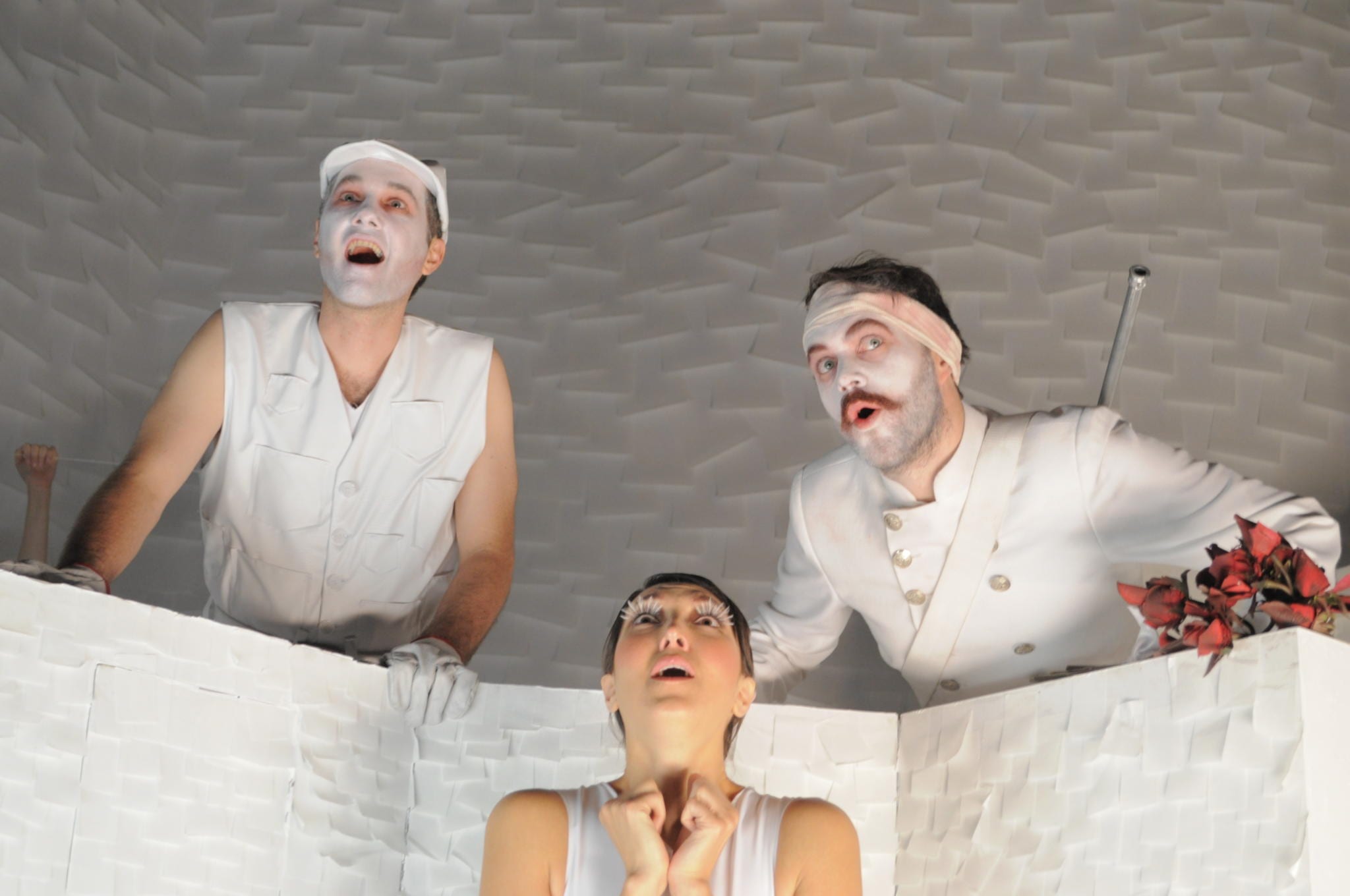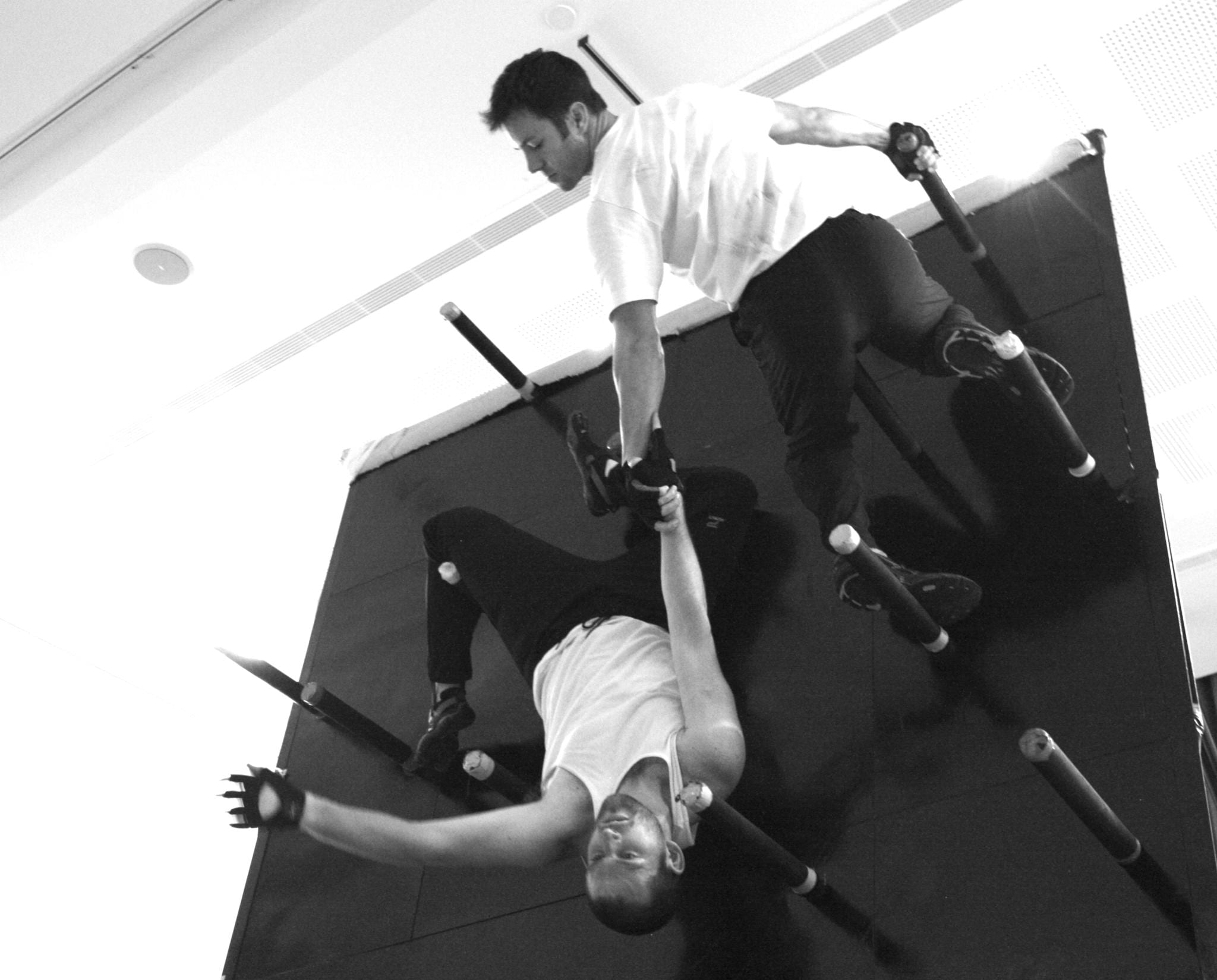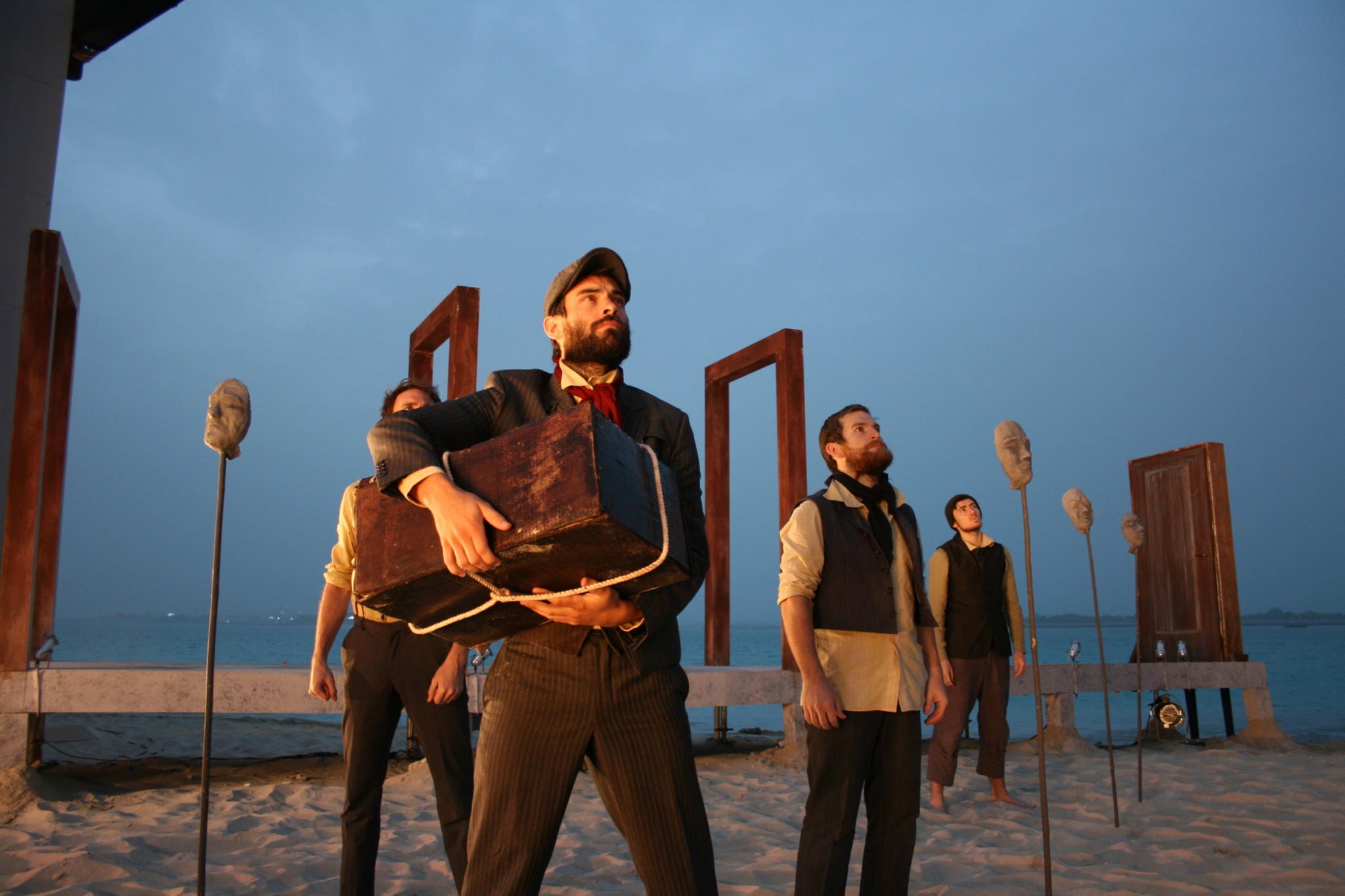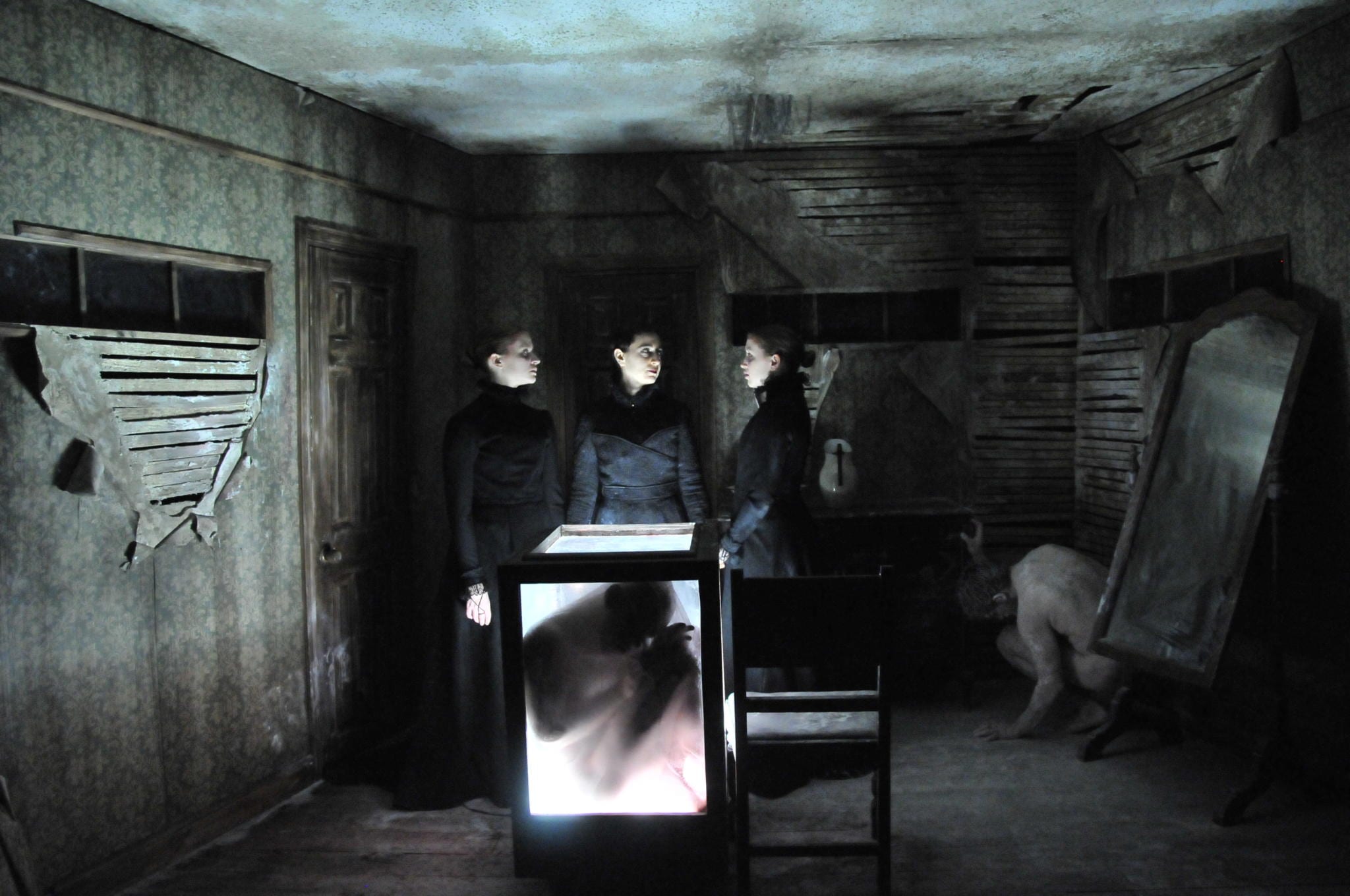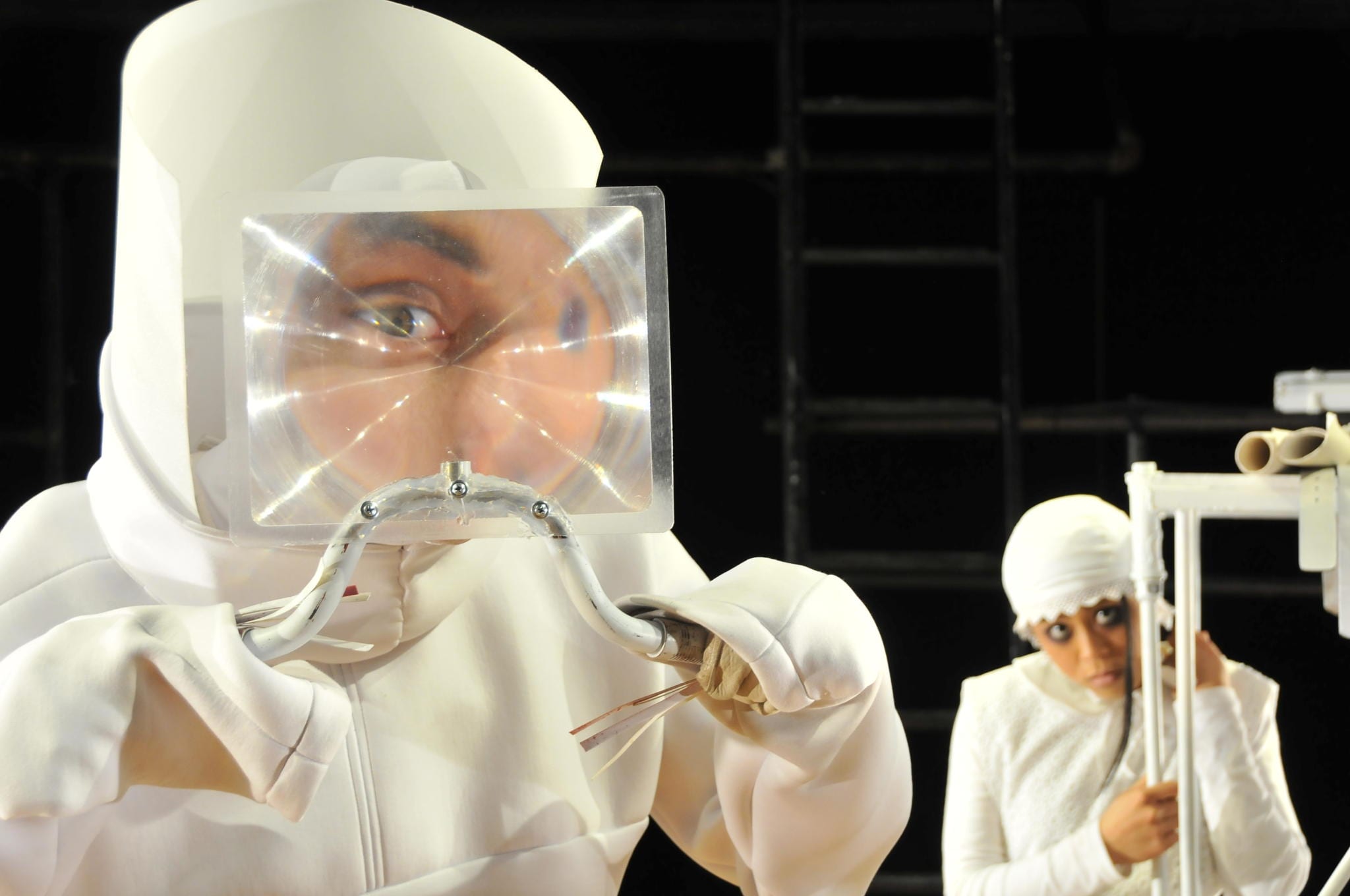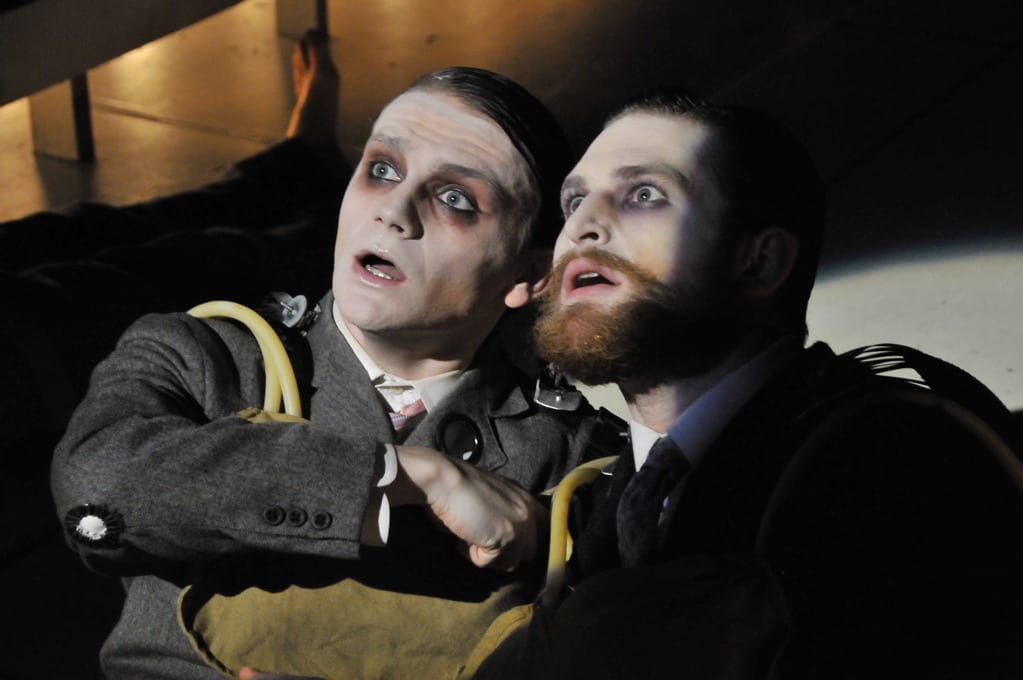Heart Piece is an international performance project in collaboration with renowned Mongolian vocal artist Nominjin and Theater Mitu that explores the many expressions of love in the differing cultural climates of America and Mongolia. As Mongolia transforms due to unprecedented profit from mining windfall, ideas of the “American dream” encourages its citizens to continually reinvent themselves, for better and for worse. Thus creating a tectonic shift in ancient belief systems that have historically stabilized this landscape. The changes affect gender, family roles, marriage, work roles; but at the core, it affects beliefs around the subject of love. Theater Mitu is interested in asking, what becomes of love and the human heart in such unstable cultural landscapes? How do superstitions, beliefs, and traditions survive amidst such rapid change? The answers to these questions serve as the foundation for this performance project.
HEARTPIECE is the first international performance collaboration with Mitu actors and a foreign collaborator. Inspired by East German writer Heiner Müeller’s theater text Herzstück (Heart Piece), and incorporating compositional theories of Mongolian Long Song, American love songs, and rigorous physicality, this expressionistic piece creates a vivid panorama of love across borders.
The culmination of this project premiered at the Black Box Theater in the capital city of Ulaanbaatar, Mongolia. It then traveled to Mongolia’s second-largest city, Erdenet, with support from the US State Department.



